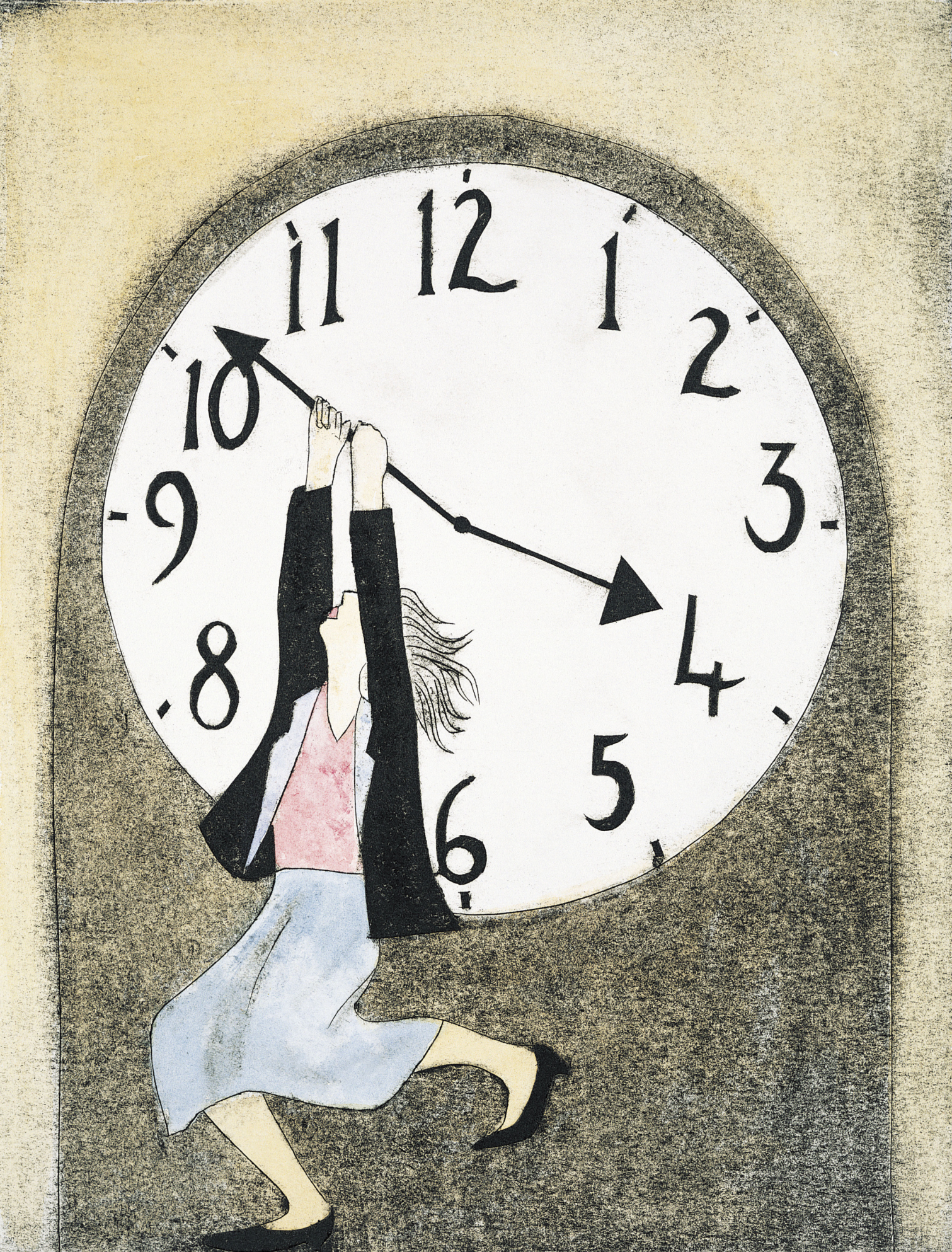
Change your approach so that you work on the tasks that have a higher value and consequence, explains Rhonda Scharf
Are you strategic about how you organize your daily work? Or do you tend to panic, jumping from task to task and doing the thing that happens to be right in front of you?
So often as admin professionals we end up responding to the loudest voice or the most pressing demands. Sometimes that means we never get caught up, let alone feel in control of our workload.
Business guru Stephen Covey wrote about prioritizing in his books, The 7 Habits of Highly Effective People and First Things First. He said that tasks can be divided into two categories: Important and Not as Important. And then he points out that everything you do should be important — if it isn’t important, then stop doing it.
One of the important things I do is create certificates for the attendees of my in-house workshops. While it’s not a difficult task, it is an important one because I have promised my clients that all my workshop participants will get certificates.
However, this is a task that’s in my “not as important” category because if I don’t create the certificates right away, the consequences are not huge. I can send the certificates later, after the session. They need to get done, but the consequences aren’t huge if they’re done later.
Meanwhile, one of the tasks in my “important” category is paying off my credit card. If I don’t do it on time, then the consequences are much larger for me financially.
Sometimes the consequences aren’t for you personally, but will affect someone else. For instance, if your boss needs you to reserve a rental car for her, the consequences of not doing it will fall on her more heavily than on you. She’ll be stuck without a car, trying to get to a business meeting.
You instinctively know what is important and what isn’t as important. However, when you’re panicking, you can miss the big picture. To avoid that, here are some questions you can ask yourself:
• What is the best use of my time right now?
• What will happen if this doesn’t get finished in the next hour?
• Can I find a way to do it a bit later without any consequences?
Here are some tips to help you to focus on what is important:
1. Focus on the Best Use of Time
Before you leave work, write down the top five things that need to get done the next day. Then, as things grab your attention during the day (squirrel!), look at your list and ask yourself, “What is the best use of my time right now?”
2. Think about the consequences of delaying an activity
For instance, if you have to reserve a meeting room for next month’s board meeting and you also have to return a phone call to the boss (both important tasks), walk through the consequences of delaying each of those tasks for one hour. Reserving boardroom: If I wait, it could get taken by someone else. If I don’t wait, and I find out it is already reserved, I have more time to find an alternative location. Returning call to boss: If I wait, I might give her the impression that her call is not important to me. If I don’t wait, I can almost guarantee that she will give me an immediate task to do, and I just don’t have time.Which one of those has a bigger consequence for you?
3. Put your own deadlines on a calendar
That will help you to see when you have several tasks that are due on the same day or in the same week. If you know you have a lot of deadlines approaching, then you can more easily plan for them.
4. Negotiate with others
Other people are always going to make you feel like their task is the most urgent. By negotiating with them, you can get their help prioritizing your workload. For instance: “I can get this courier sent out before noon—guaranteed. Are you okay if I return the call to HR before I call the courier?”
It’s easy to spend the day in a state of panic and to jump from task to task. At the end of a day like that, you will have worked hard, but you won’t feel like you got anything done.
Instead, change your approach and look at the consequences of pushing back a task by an hour or even two. You’ll still get it done, but you will always be working on the tasks that have a higher value and consequence.













